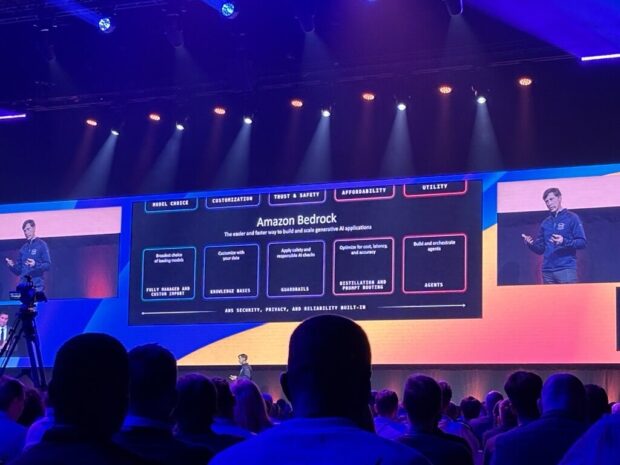Cloud fosters knowledge sharing


Why did PAYBACK choose cloud solutions?
We can safely say that the entire market is moving towards the cloud. And for good reason. Cloud solutions translate into significant savings in time and money. In the case of PAYBACK, one of the major arguments behind implementing the cloud was the ability to deliver new functionality within our platform faster. Cloud also means scalability, which is best illustrated by a simple example – an application supporting 20 users can be easily expanded to, for example, 1000 people, depending on the needs and goals of the company. It allows the organization a significant amount of flexibility: if we are unconvinced that a solution will work in the market, we are not required to make a substantial investment right away. We can gradually increase the funding, as the situation develops, and more tests are completed.
Moreover, cloud solutions are inherent in the automation of operations. The team doesn’t have to deploy specific applications every time, as in the case of working on on-premise systems. It translates into massive time efficiency and cost optimization.
Does cloud implementation require advanced preparation in terms of IT team competence?
A major advantage of the cloud is the relatively low threshold for entry. Companies implementing cloud solutions, do not need to have complex know-how in this area, because the cloud itself provides solutions that users can use. This includes, for example, configuration, or the ability to use certain modules or databases.
Which cloud do you use?
At PAYBACK, we are just beginning our adventure with the cloud. We are operating according to a strategy whereby our entire platform will be moved to the cloud by 2028. It is a remarkably demanding process, requiring proper preparation and plenty of testing. We are currently operating with internal servers, the Open Shift cloud, which is provided by IBM and which we implemented first, and the Google Cloud Platform. The latter is the target tool to which parts of the PAYBACK platform will be migrated.
What does the implementation of cloud solutions look like at PAYBACK?
This undertaking is part of our company’s overall global strategy, which means it’s taking place simultaneously in all markets where PAYBACK operates.
As I mentioned, the transition to the cloud is taking place gradually. The most critical to PAYBACK’s business system (i.e., the one that handles transactions) will get migrated at the very end. It is because of our responsibility managing and storing our users’ sensitive data. We need to be confident that it is always secure. After all, it’s PAYBACK’s most prominent advantage and enables us to deliver tailor-made offers to PAYBACK Program participants.
However, to speed up the process, we decided to extract some smaller, less critical microservices, for example, related to the processing of PAYBACK coupons, and transfer them to the cloud. Then we test them and, having concrete conclusions, we start transferring further functionalities.
The cloud seems to foster knowledge sharing and enable the usage of specific solutions between different PAYBACK markets.
Yes. The microservices, extracted by the Polish team, can be easily used by our colleagues from Germany, Italy, or Mexico. It is our guiding principle – we develop software with other markets in mind, even if these markets do not always use it. It is affected, among other things, by the specifics of a given country or the shopping habits of consumers. It is worth mentioning that Poland is the market that very frequently, if not most frequently, tests new solutions and features. This is due to our mentality – we are not afraid of technological innovation and tend to set the latest trends.
Recently, thanks to the cloud, we were able to test an application related to the PAYBACK challenges feature. Now we know that the market has responded very well to it, and thanks to its suspension in the cloud, teams from other markets where PAYBACK operates can use it.
What specific challenges a company deciding on a cloud should expect?
A company moving to the cloud must be aware that at the beginning of the transition, it may take longer to finalize projects. It is contradictory since one of the main advantages of cloud solutions is time savings. However, each team needs to get accustomed to the new working environment. The beginning of this process can be quite a challenge.
Cloud also forces an organizational change in the company. It becomes insufficient to have one joint IT department to manage cloud solutions. Each application needs a dedicated, self-sufficient team of developers, testers, and other necessary specialists, assigned to it. It, of course, can be rather complicated.
The company must prepare not only technically, but also organizationally, to be able to manage such distributed teams. At PAYBACK, this role is fulfilled by me. At the beginning of cloud implementation, I can say that it requires a lot of divided attention, but also trust in the team. Working in the cloud is engaging for those on the team since they now work using the latest technology available.
– Karol Sosnowski, Development Team Lead




